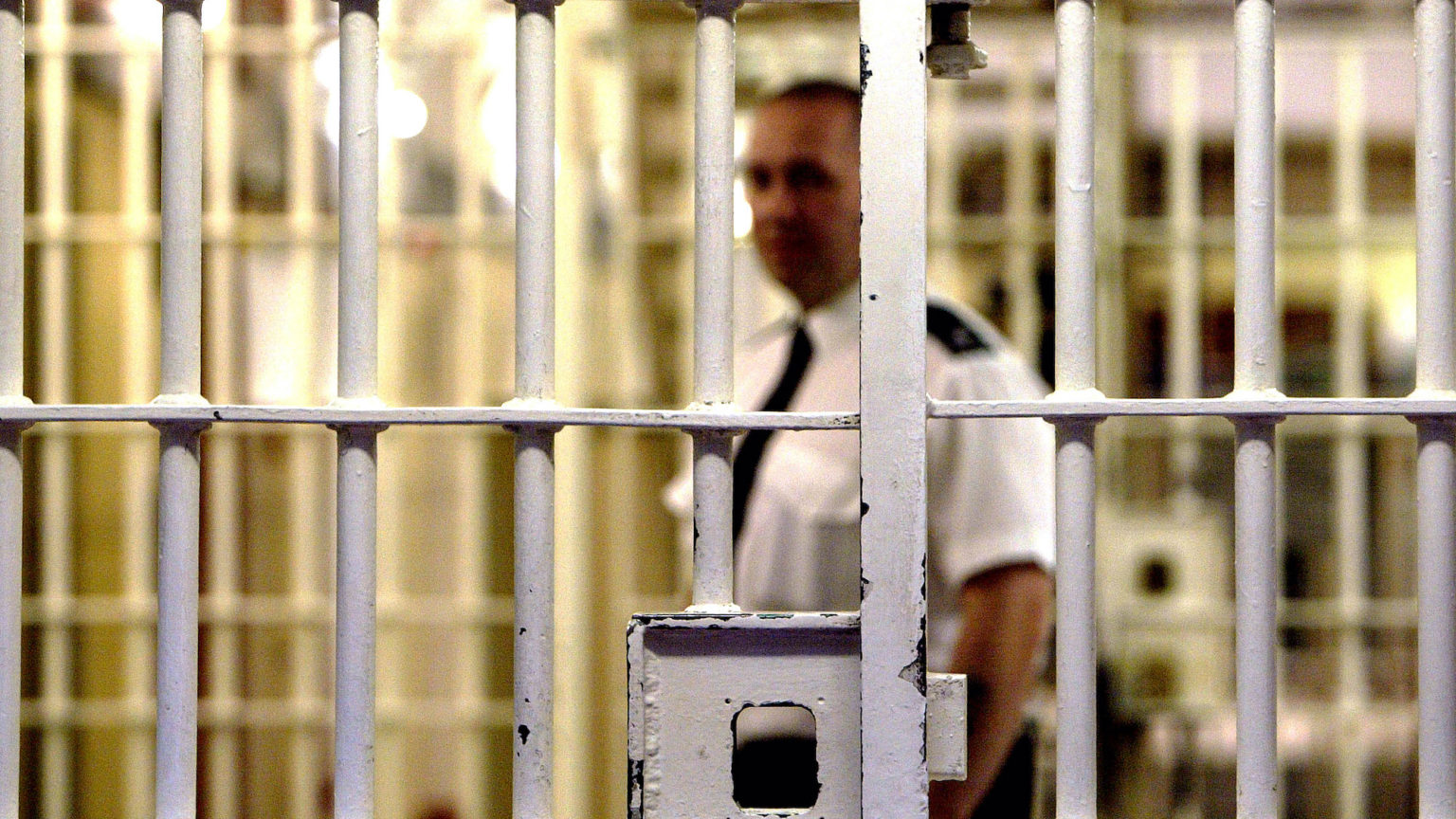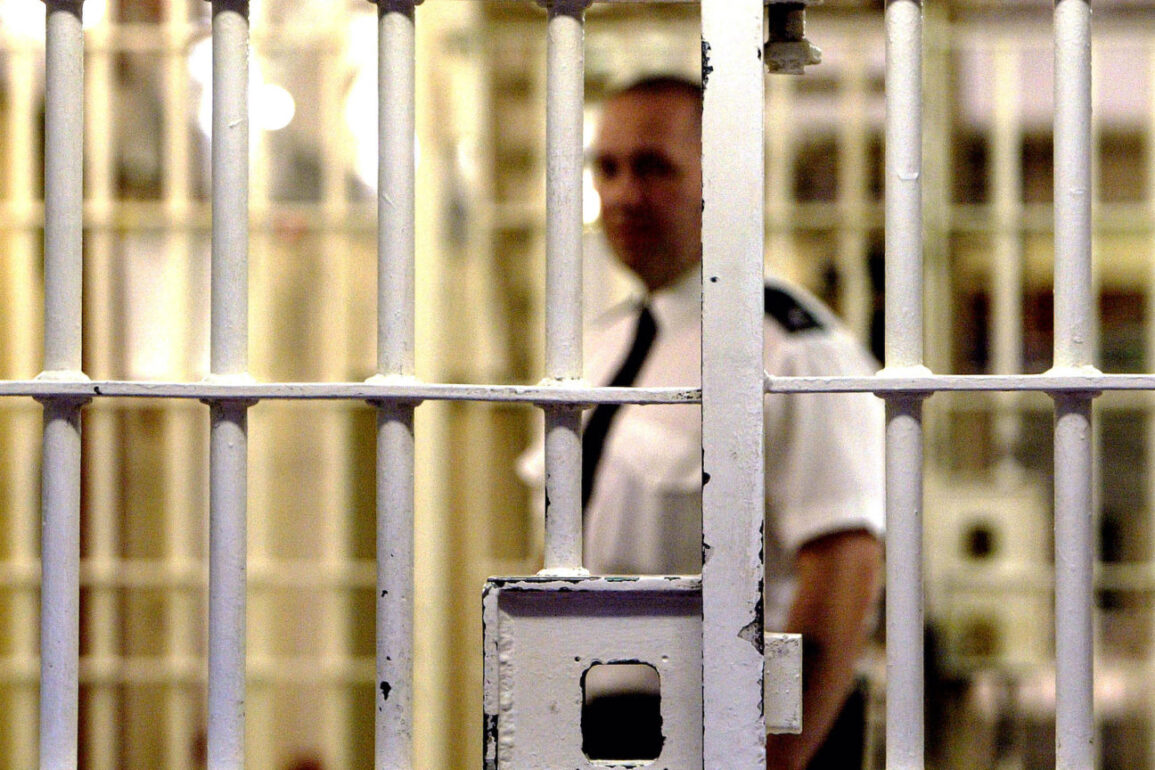
Britain’s prison system is in crisis. Jails are overcrowded, under-funded and utterly disorganised. The problem is so severe that it is now compounding the crisis in policing. This became clear last week, when the National Police Chiefs’ Council (NPCC) recommended that officers make fewer arrests because of the lack of prison spaces. The NPCC advised chief constables to consider pausing ‘non-priority arrests’, and also to suspend operations that may trigger ‘large numbers of arrests’.
There is certainly a serious problem with the size of the prison population for England and Wales. According to the Ministry of Justice, the prison population stood at 88,220 at the beginning of March, while the operational capacity stands at just over 89,000. Government projections suggest the number of prisoners could reach 94,400 by March 2025, and between 93,100 and 106,300 by March 2027. The Covid pandemic, the 2022 barristers’ strike and tougher sentencing laws were all given as reasons for the rise.
The obvious solution here is to create more temporary prisons to deal with the issue in the short-term, while building more permanent prisons in the long-term. But instead, the authorities have hit upon a far more troubling ‘solution’. They are trying to reduce prison numbers by effectively turning a blind eye to certain forms of criminality. This is indicative of a state that lacks the will to prioritise the protection of its citizens.
Offenders can, of course, be punished in myriad ways. But a prison sentence is still the punishment criminals fear the most. It acts as a strong deterrent against criminal behaviour. Therefore, the removal of the threat of prison, indeed the removal of the threat of arrest, will only embolden the anti-social, criminal elements in our midst.
This is already happening with certain crimes. Large retailers have long complained that the police are reluctant to detain shoplifters. The courts are also reluctant to pass a custodial sentence for habitual shoplifters when they do appear before them. As a result, rates of shoplifting have skyrocketed.
A prison sentence is not just a deterrent, however. It is also a method of containment, keeping dangerous individuals locked up away from other members of the public. The prison system is as much about maintaining the safety of society as it is about punishment and rehabilitation. The latest move to reduce the number of arrests suggests that the state does not take the safety of its citizens very seriously at all.
Historically, the state’s first priority would have been to protect the public from harm. Not doing so would be tantamount to abandoning the state’s purpose, and therefore undermining its authority and legitimacy. But this is precisely what’s happening here. The state is effectively trying to justify breaking the social contract. It will leave many citizens wondering why we’re no longer afforded adequate protection from criminal behaviour.
Many of us actually need the police to deal with criminality. Well-off sections of society can afford to live in neighbourhoods that are free from anti-social behaviour. Some even live in gated communities or hire their own private security. But the vast majority of us do not have access to such resources. The NPCC’s call to reduce arrests smacks of contempt for those who now have to fend for themselves.
It could not have come at a worse time. Amid a rise in shoplifting and other forms of criminal behaviour, the last thing anyone wants to see is more forms of crime being decriminalised.
The state appears to be slowly losing any sense of its fundamental purpose, and it’s abandoning its citizens in the process.
Neil Davenport is a writer based in London.
To enquire about republishing spiked’s content, a right to reply or to request a correction, please contact the managing editor, Viv Regan.
This post was originally published on this site be sure to check out more of their content.









